Series : Giving a face to the other Tame, Arauca, Colombia - 2017
Terrorists, drug traffickers and hijackers – these are the images the fighters of the Revolutionary Forces of Colombia are widely known for. The Colombian government has framed our perception of the civil war in this South American country. In reality, the right-wing paramilitary, often in cooperation with the state‘s military, was demonstrably responsible for significantly more civilian casualties in this bloody war in which 220,000 people were killed by force. The insurgents are only a few steps away from civilian life. In talking to them, we may understand what motivated them to arm themselves and fight the Colombian state.
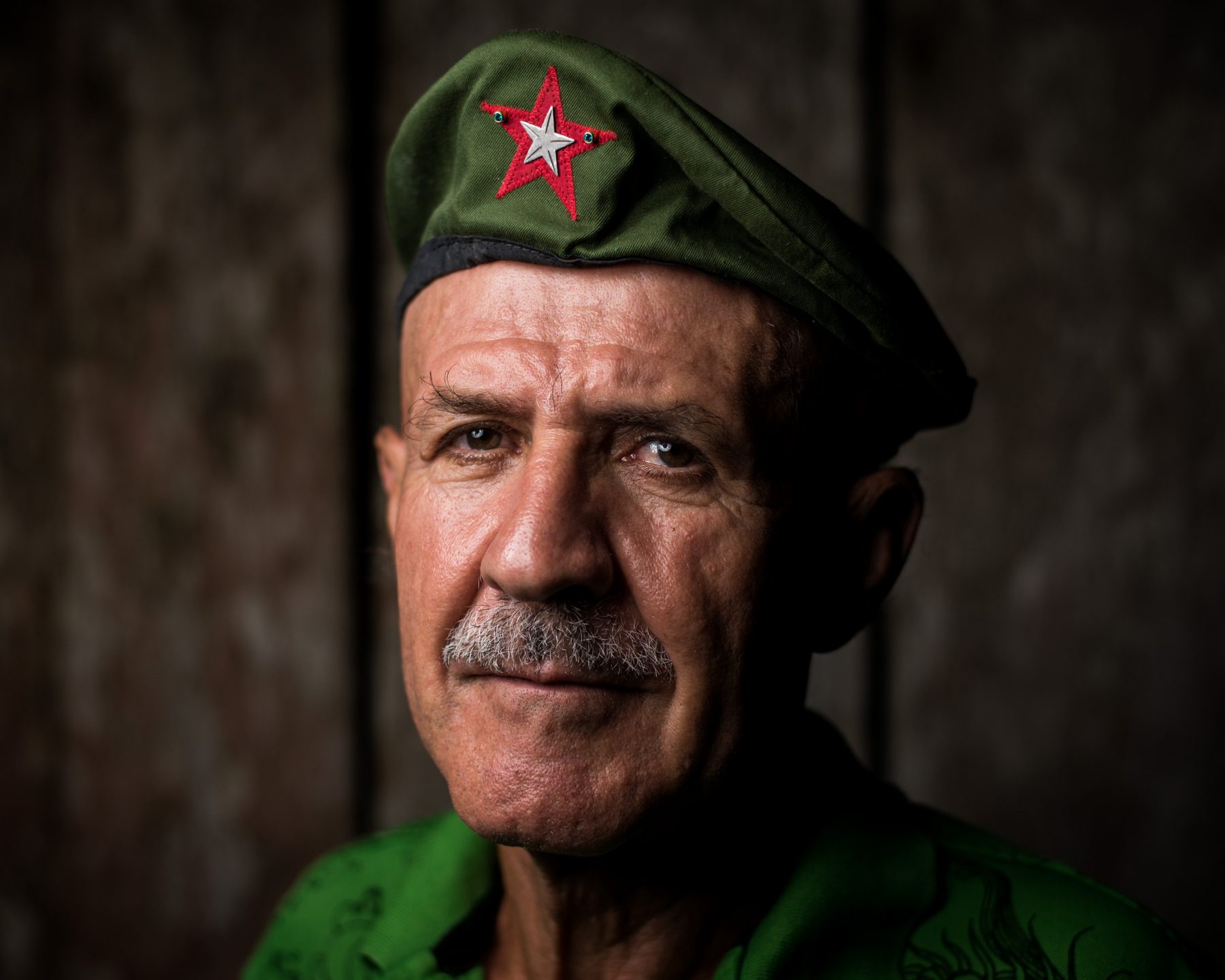
“As a young man, I worked for a trade union and that was a really dangerous job. The military secret service was observing me and I was detained once. During the end of the 1970s, the dirty war was starting all over Colombia. People disappeared and were murdered because of their political views and activities. Every leftwing activist was a potential guerrilla fighter. Two friends did not come back from Bogotá after they went to a reunion of our trade union and were found dead 3 months later in the south of the country. I decided to go to the FARC, as I did not see any other option. I did not want to go to another country in exile, and a lot of my fellow trade union workers were killed for what they were doing. The Guerrilla saved my life. During the first months, I participated only in ambushes, and this was not that dangerous. Later on we attacked more openly, and that was quite risky but you learn to handle that. In 1993, I went to Bogotá to visit a doctor and the military detained me there. I went to jail for 10 years where I kept on fighting with hunger strikes and uprisings. They used to transfer me to another jail every time we started a new protest in the prison. In 2003 I was released and went straight back to the jungle to rejoin the FARC.”
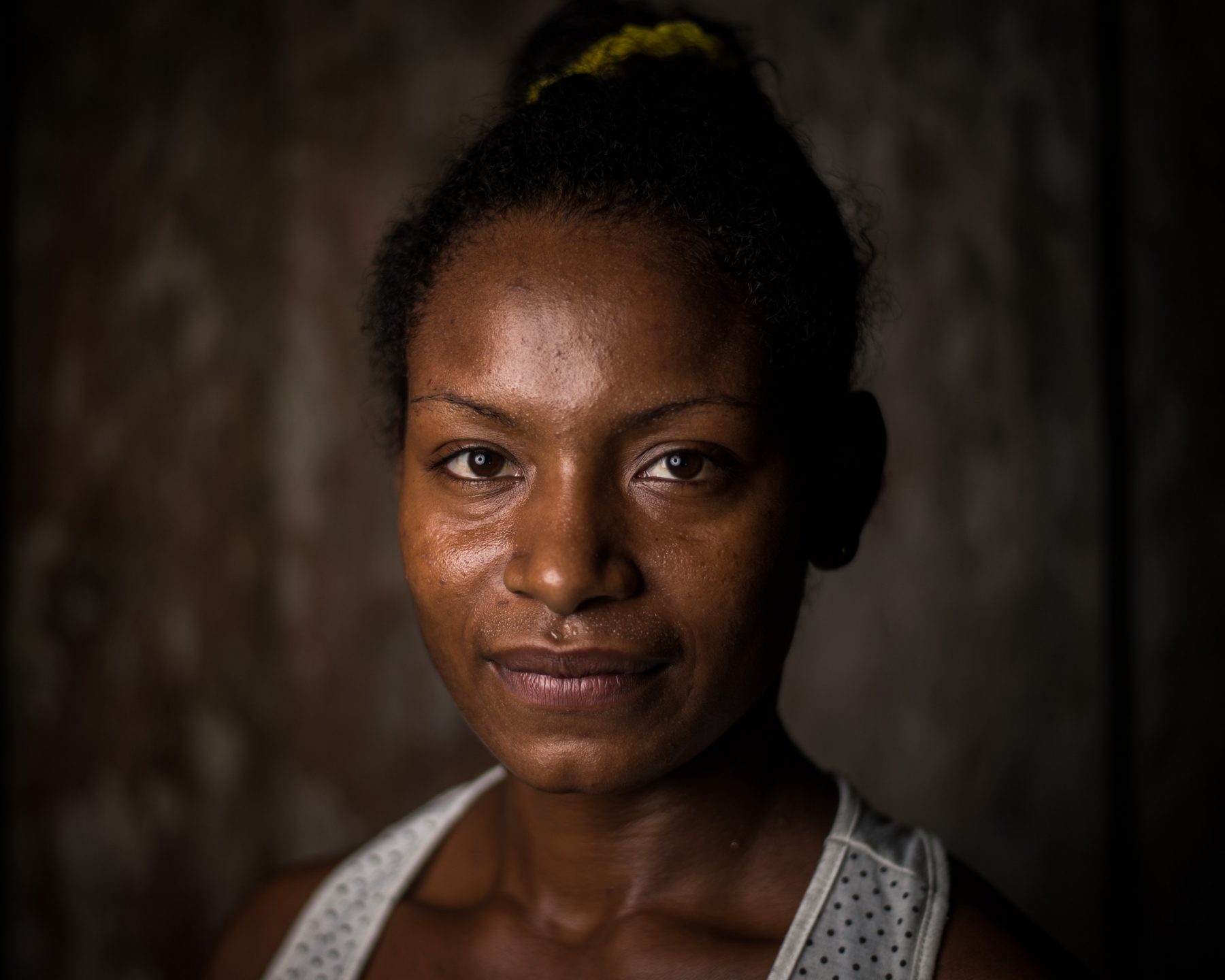
“When I was a child my father was really respectful and empathic with me, he never beat us. We weren’t rich people, but my parents were very loving. I was my father’s little princess. A fellow student held contact to the FARC. She was engaged with them as a civilian activist. During my childhood, I saw them a lot with their uniforms and weapons in the village, but I did not talk to them a lot. So, when my friend joined, I got curious. It seemed like a big adventure, and one day after school I just ran away to join the Guerrilla. In the beginning, I strived to fulfill the hard discipline inside the FARC. When my father used to ask me to do something I would switch on the TV, but that was not possible with the Guerrilla. I had to obey the orders. After some time I got used to it. After one year I saw my father again for the first time. I cried and there were many questions, but he supported me in my decision. During first military encounter, I ran away when they started shooting. So many bullets at the same time. I ran towards where we came from and waited there. As I got bored I started to train shooting on a tree. I told that night to my comrades what I did and they got really angry with me as I could have hurt some of our people.”
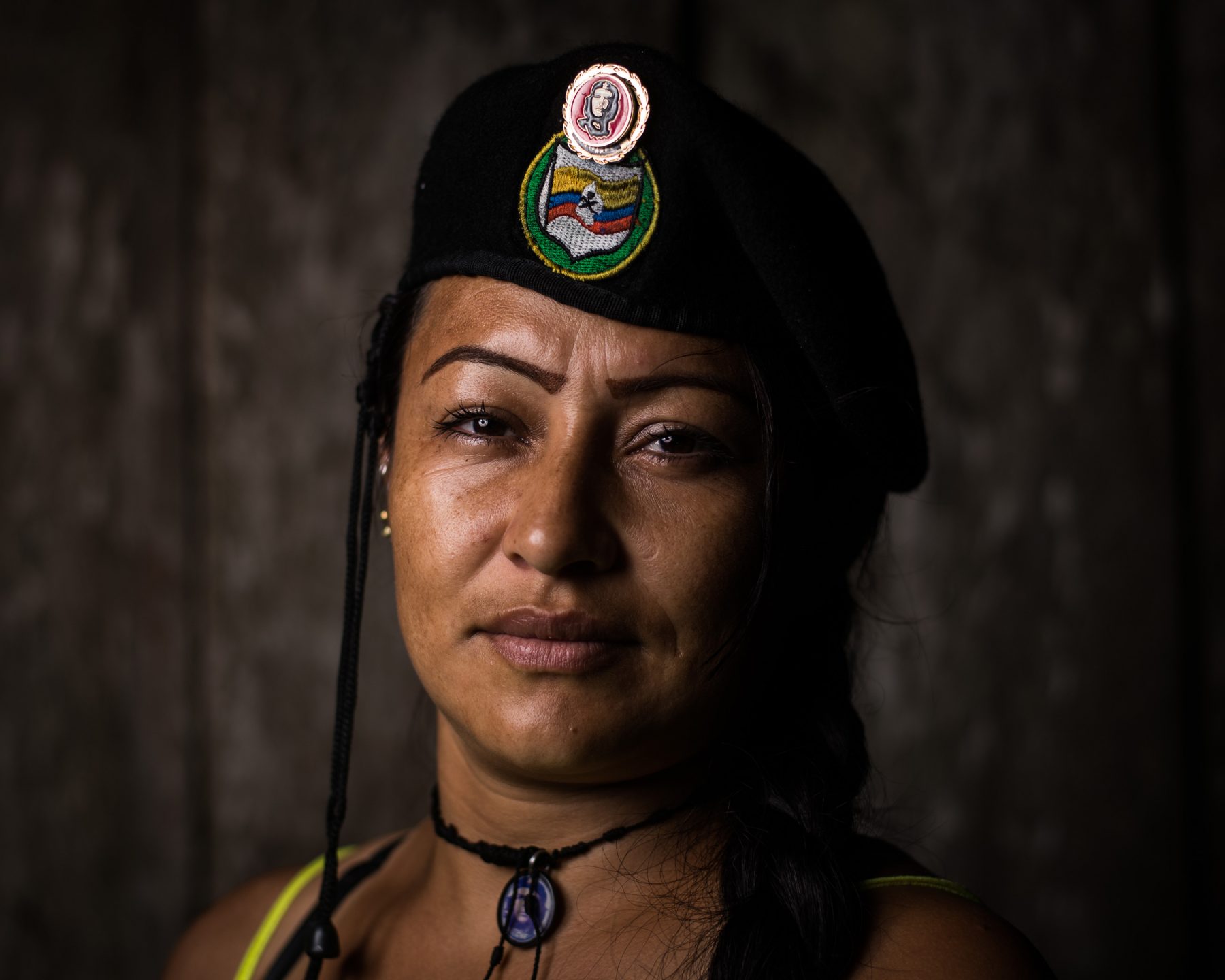
„They almost killed my father. The paramilitaries came when I was 12 years old and told us that we would have 24 hours to leave the finca. We landed on the street, with only the clothes we wore. A woman who probably worked for the state and the paramilitary now lives in what was once our home. Every time my father comes back, and wants to recover the finca, she only says that he should leave it if he does not want to die. And I prefer to live with alms than to lose my father. Because of this story I went to the FARC, my father was already with the communist youth and other groups. I have two twin brothers who have gone to the FARC with me. But later they married civilians and had children, as I stayed with the FARC. They were allowed to leave the Guerrilla and live as civilians. I stayed, so they were allowed to go, but they also helped and collaborated with the organization. Here in Arauca we were also fighting with the other Guerrilla ELN, which was a big mistake, but it happened. Many civilians died, as did Guerrilleros. The government was glad that we killed each other. One day the civilian population said, ‚If you as an organization don’t stop this conflict with the ELN, then we will stop supporting you.’ And we did. The whole conflict was a big mistake.”
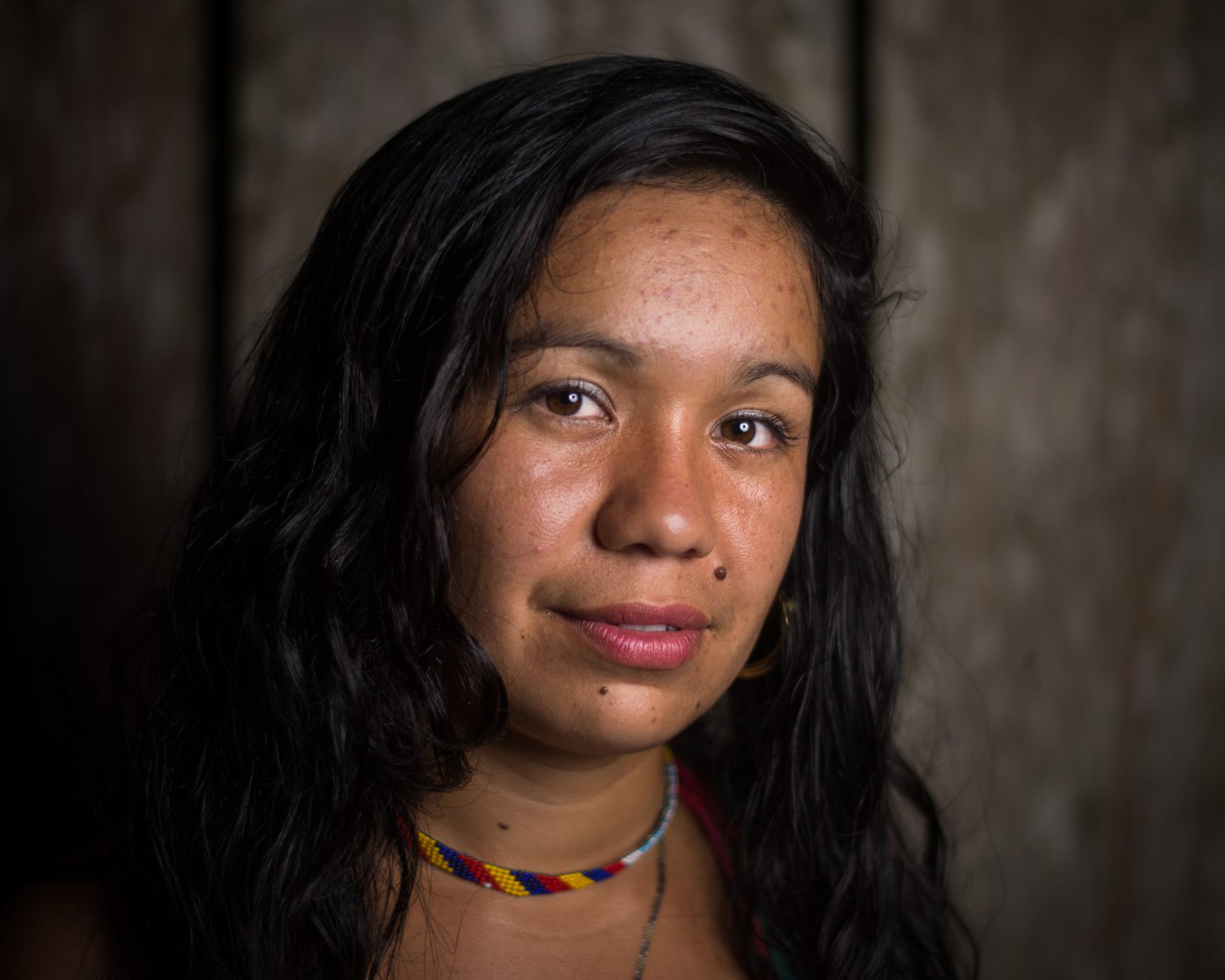
„I‘ve been at the guerrilla just for a while. During my childhood, we moved from house to house, begging for a place to sleep because the paramilitaries threatened my mother with killing her. So we fled to another part of the country, where we ended up living on the streets. My father was a civilian member of the FARC, and when I was 10 years old he was arrested. My mother stayed alone with me and my eleven siblings. We boiled the remains of pigs, and sold empanadas in the streets. I could not go to school. At the age of 16 I joined the FARC. My father is really proud of me, but my mother does not accept the decision. As a civilian, I would like to become a nurse or an engineer and help my family more.“
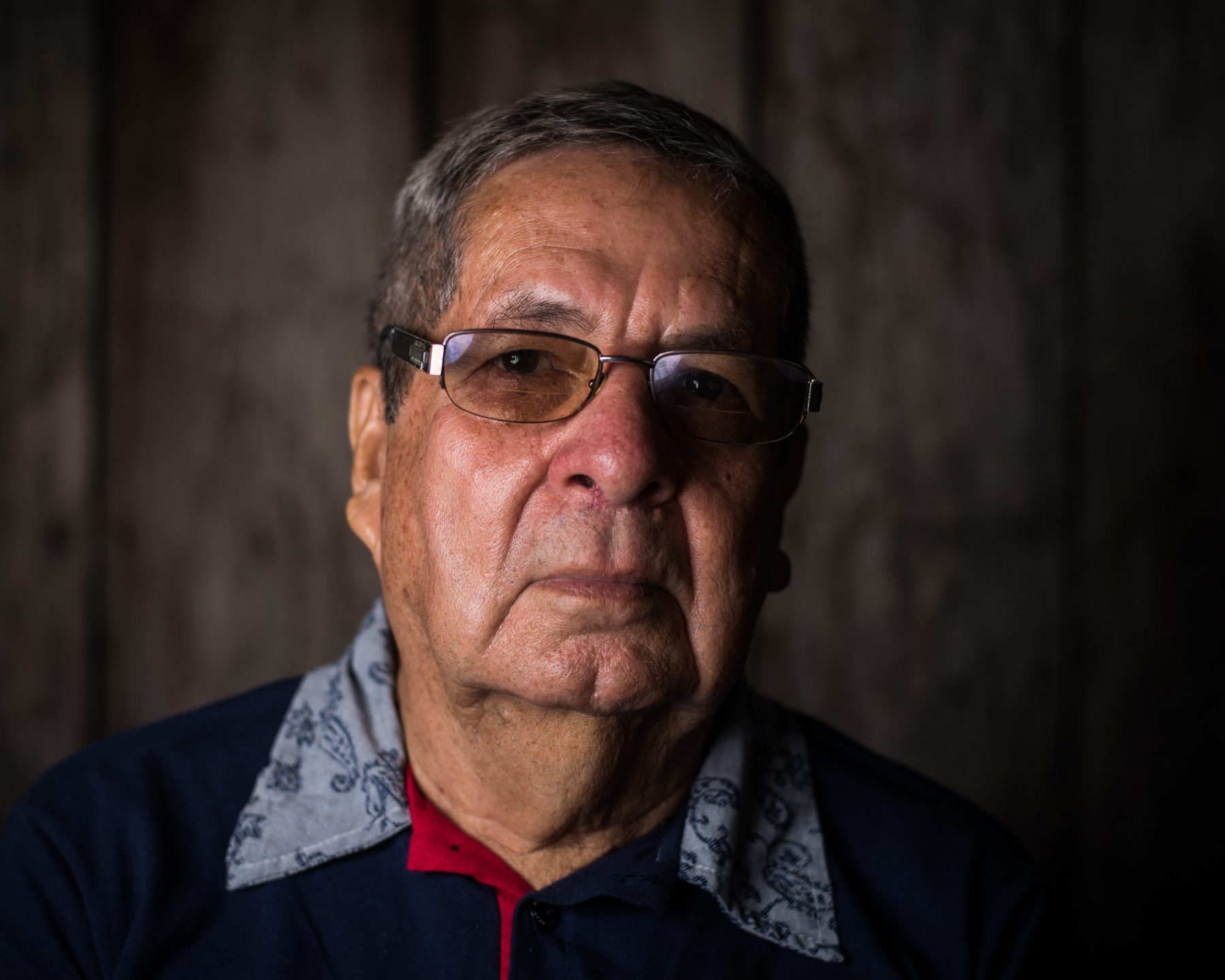
“I was born in the area of the free republic of Marquetalia (about 200 km south of the capital Bogotá) where the peasants cut themselves off from the civil war contended by the liberal and the conservative forces and also defended themselves from the attacks of marauding gangs. When I was four, I met Manuel Marulanda. Marulanda founded the FARC ten years later and led it for 44 years, until his natural death. Actually life in the countryside was very nice. It was until later that I realized the murders that were committed to the peasants there. Some of the peasants joined together. There already was a number of communists among them. It was like a big family, people coming together against the violence that swept across the country. Even then the great landowners held their own armies, which spread fear and terror. In addition, the propaganda against Communists began. At that time, we formed self-defense groups, the predecessors of the guerrilla, to throw out the military, the police and the private armies. We fought a lot and the military has always had to withdraw. At some point, the Gringos interfered because we were Communists. In May 1964, the Colombian government attacked us with about 16.000 soldiers, helicopters and airplanes. We fought as long as we could, then we disappeared over the mountains and finally founded the FARC.”
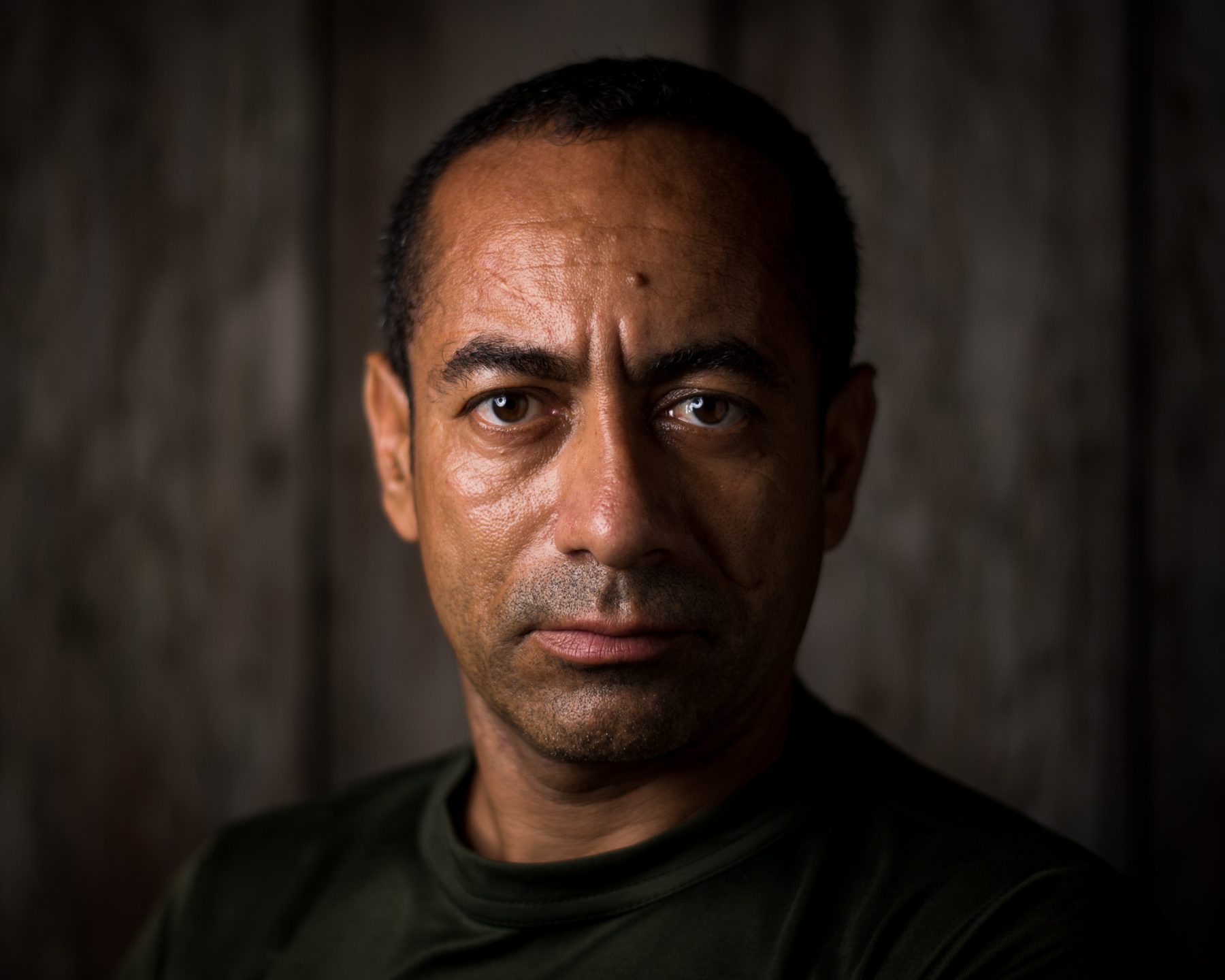
“When I was a child, we were reenacting the fights between Guerrilla and Police at home and I never wanted to be part of the police but always of the Guerrilla. I told my mum very early: „I want to join the FARC.” In this time the Guerrilla was really demonized and my mum showed me a picture of the devil with horns and a tail. „This is the guerrilla“, she screamed at me. When I heard that they were near our house, I experienced strong feelings of happiness and curiosity. This same day I applied to enter the FARC. After only 15 days they came back to pick me up. You know, every guerrilla has his own reason to join the organization. It is often only after the accession that we learn more about the motivation of the guerrilla and Marxism. As a child, I just had this fascination for the guerrilla. On September 19th, 1997 I was arrested in an intelligence mission as a civilian. We had a spy from the Colombian military in our ranks. We were preparing for a convoy with 30 soldiers, which we wanted to attack with bombs and a large machine gun. I was in charge of the operation, but the military rated the loss of 30 soldiers as too high. I was to be shot at the time of the arrest, but the soldiers did not fire. Instead I was imprisoned for 40 years, but the fight of the FARC continued against the paramilitaries even inside of the prisons. Two months after my arrest we threw a grenade – resulting in 23 paramilitaries being injured. The paramilitaries received support from the police and the special operation units of the judicial authority. First, we fought with knives and improvised weapons. Later, as we had more money, we fought even with machine guns. With money, you’ll get everything inside of jail. The judicial authorities are absolutely corrupt and ignore human rights. Once, at 5 o ‘clock in the morning, we entered the yard with guns and shot at the guards, then the special operation team CORES intervened from the Ministry of Justice. By 4 pm our ammunition was used up and we had to give up. They tortured me all night and broke several ribs.”
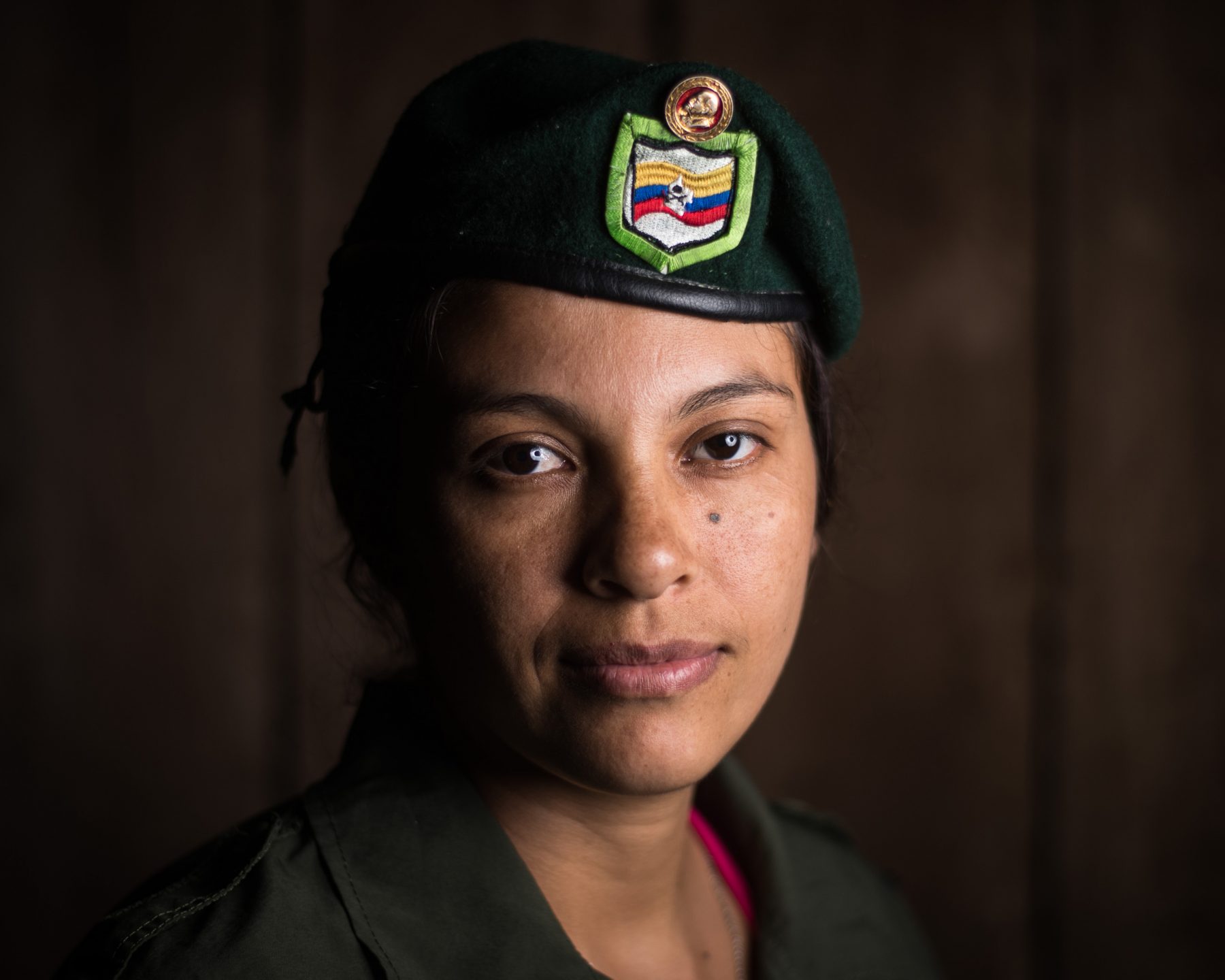
“My parents are farmers in the Andes, where it is really cold. I used to go to school as a child and I had to cook for my parents when they worked on another farm. They did not own any land, so they worked as day-laborers for the landowners. The Guerrilla showed a lot of presence there and walked on the streets with their weapons. One day there was a big shootout between the state military and the Guerrilla so we left the village and came back 4 days later. Four other of my brothers and sisters joined the FARC. Two died in a battle. The pregnancy was not planned. The female soldiers of the FARC were obligated to use contraception. I did, but something went wrong and I got pregnant. When I found out I felt happy and sad at the same time. Happy because children are so nice and sad because the situation was so difficult. The peace process was uncertain and I feared that I would have to give my baby away. War is like that. I had images of giving up my baby. It was really difficult. I was happy that the peace process was successful. I lived a civil life until I gave birth to Jaider in a regular hospital. Now I am so happy that I can give all my love to him here in the camp.”
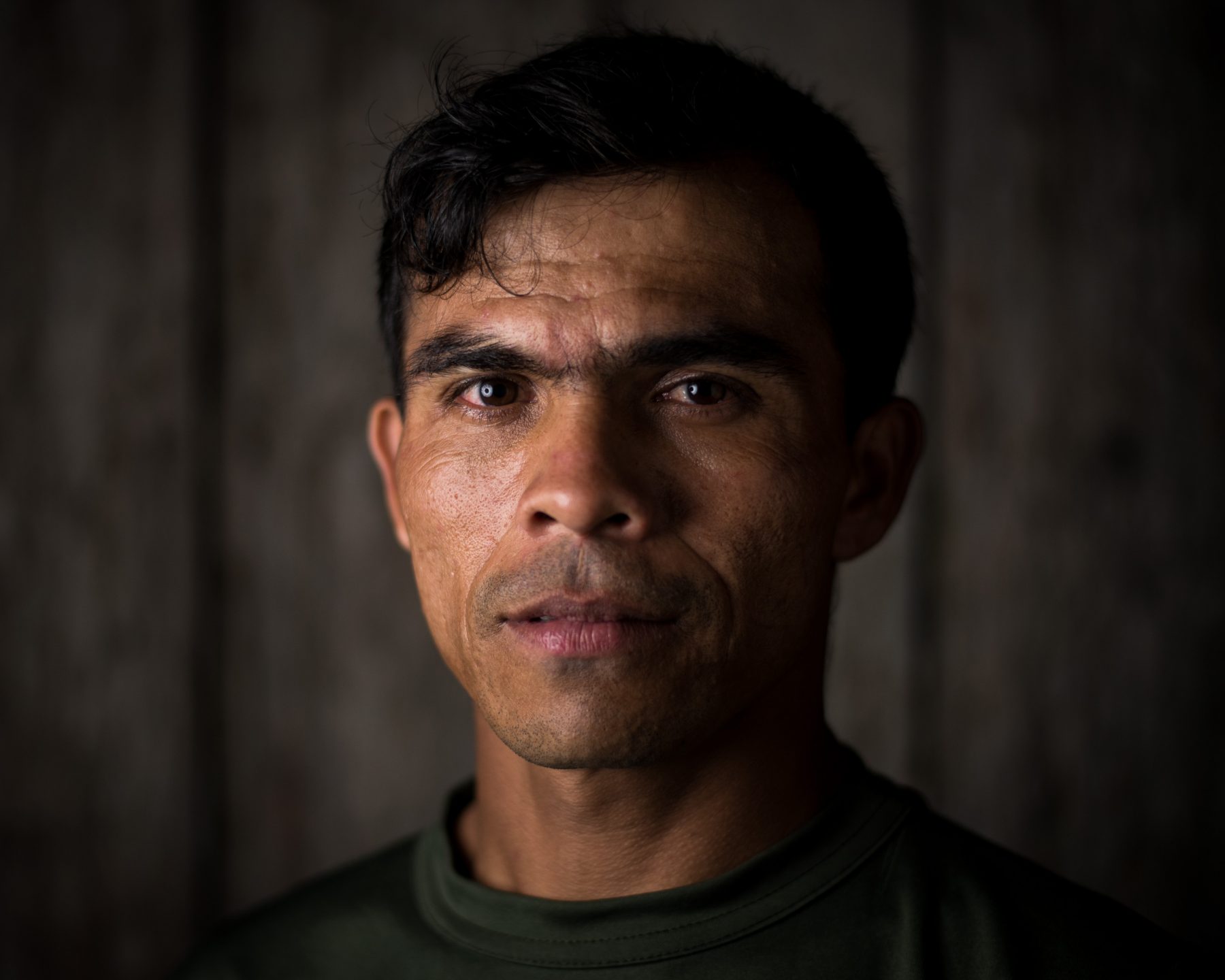
“When I was a child there was little chance to go to school and to prepare for life, as we were counting the money every day. Education is important for everybody, isn’t it? I went to school only until the 3rd grade, then I had to stop because I could no longer afford it. Everything I learned, I learned as a member of the FARC. Inside the organization everybody shares their knowledge. I learned to read and write. I was fighting as a member of a special unit, I got trained with weapons, but also in intelligence, communication and first aid. When I entered the FARC there were the peace talks with the government of Andrés Pastrana, the Colombian president at that time. The dialogue terminated and we had to leave the area in just 48 hours. After two days the government started to bomb everything and we had to shoot our way out. On that day some good friends were killed.”
This is the end, my friend ...
Show all stories